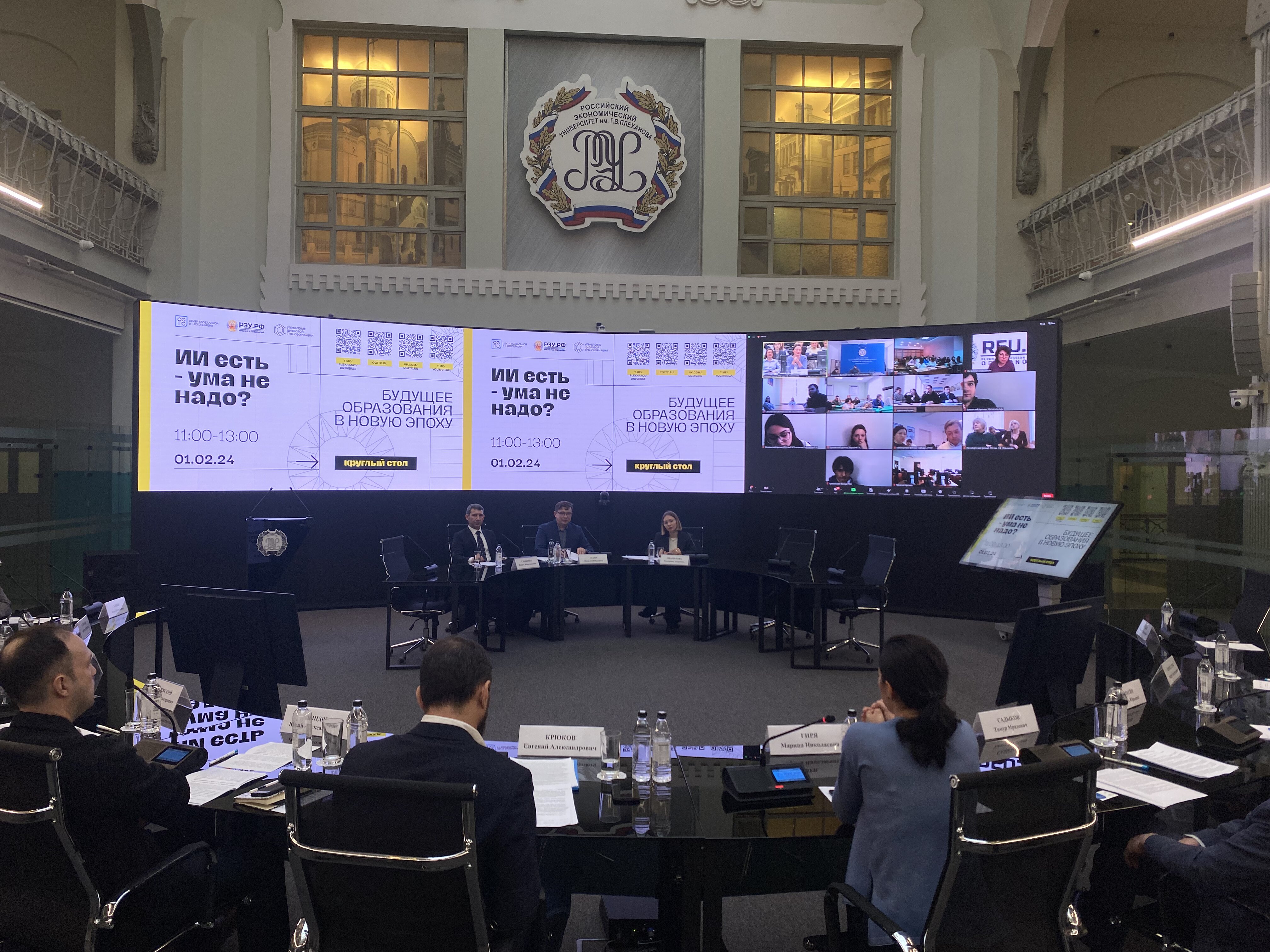“More and more countries are pointing to the need to land transnational IT companies. There are now two main approaches to the implementation of this requirement in the world - opening an office or representative office and interacting with local companies through representatives.” said Vadim Glushchenko, director of the Center for Global IT Cooperation at an expert presentation on the study of experience in regulating global digital platforms in national jurisdictions. The event took place on May 27, 2021, at the Interfax press center. According to Glushchenko, more states are introducing regulation of the activities of international IT companies, due to their actual tax evasion in the countries where they work.
The press conference was also attended by the head of the State Duma committee on information policy, information technology and communications, Alexander Khinshtein, and the head of the working group of the Civic Chamber of the Russian Federation on legislation in the field of Internet technologies and digitalization, Vadim Vinogradov.
In the near future, the State Duma will consider the so-called "law on landing" - a document that will oblige foreign IT giants to open full-fledged representative offices in Russia, register on the Roskomnadzor website and count traffic according to the Russian method.
“Attempts to establish any dialogue with IT giants outside the framework of the legal field or outside the framework of obligations established by law are failing. At least for the moment.” said Alexander Khinshtein, answering a question about the need for a law on “landing”. All requirements of Roskomnadzor are sent to addresses that are not physically within Russia, and most often remain unanswered. The MP recalled that in the case of the social network Twitter, when the state was forced to slow down the work due to failure to comply with the requirements to remove illegal content, such a “forceful” method worked. Two months later, Twitter, despite the scepticism of many, fulfilled all the conditions of the regulator. “Unfortunately, the whole world has always reckoned and reckon only with force. Exhortations alone will not advance the case.” he added. “It is important to note that the bill is not repressive and primarily involves economic sanctions for violators.”
Vadim Vinogradov also spoke in support of the bill, saying that it is more than strange to conduct a one-sided conversation with IT platforms without the presence of a counterparty; it is difficult to find a solution to a problem if there is no dialogue. Also, don't forget about the problem of fair taxation. “If you work, for example, on the territory of the Russian Federation or the European Union, then they would like to receive part of the taxes that should come from the activities that take place on its territory,” claimed a member of the Civic Chamber.
You can read about the conclusions of the "Overview of the International Experience in the Field of Regulation of Global Digital Platforms in National Jurisdictions" by accessing the link: https://cgitc.ru/groups/analiticheskie-issledovaniya/obzor-mirovogo-opyta-v-sfere-regulirovaniya-glo ..




